Log in or create new account to save this product to your wishlist.
Regrow your Veg — How to Maximise Your Yield from Supermarket Veggies
Don't throw away your vegetable scraps! You can regrow them in your garden!
Latest blogposts
7 MIN 22 Jul How to keep your lawn in shape this summer 9 MIN 15 Jul Watering Your Garden: 10 Top Tips! 11 MIN 15 Jul Is Your Grass Type Right for your Garden? 4 MIN 03 Sep Gardening in September — jobs to do 7 MIN 23 Aug How to Encourage Bees in Your Garden 5 MIN 14 Aug Pruning Lavender: when, why and how?With the cost-of-living crisis taking hold in the UK for many families, budgets are starting to bite. And things are only getting worse with the rising cost of essentials like fruit and veg. It’s time to regrow your veg.
But there are some nifty ways to make your veg basket last a bit longer. Did you realise you can replant many of the fruit and veg you buy at the food store?
This blog is all about the fruit and veg you can grow again from the parts of the plant you’ll probably otherwise throw away.
Ready? Let’s go!
Which veggies can you regrow from scraps?
You’ll find there’s a surprising array of veg that will regrow, including:
- Onions
- Garlic
- Leeks
- Shallots
- Potatoes
- Sweet potatoes
- Fennel
- Root veg, including turnips, carrots, beetroot, parsnips
- Lettuce and other leafy greens with the root partially intact
- Cabbages
- Rosemary, basil, mint
How to regrow your veg from scraps: potatoes
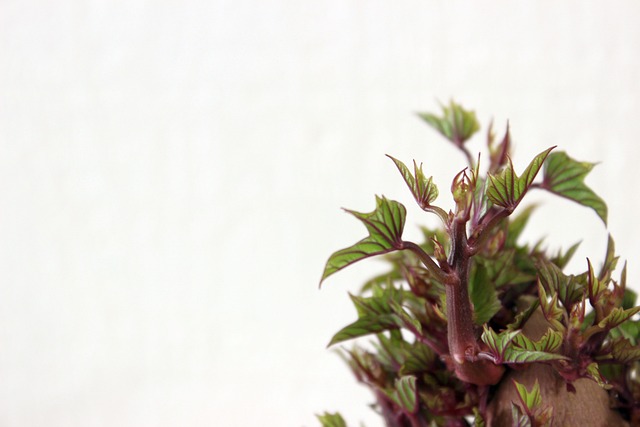
Amazingly, you can regrow potatoes from little sections or even thick peelings — as long as there’s an eye that’s started to sprout.
This is an excellent tip for those of us who always find a couple of stray potatoes at the bottom of the bag that appears to have gone off. If they’ve started sprouting — even a little — you’re onto the potential for a bumper crop!
All you need to do is leave the scraps to dry out a little overnight, then plant them in the soil — sprouting eyes facing upwards, just like you would with seed potatoes.
Then, keep watered, and wait for the plant to emerge.
Regrow your veg using the toothpick method

Some veg needs to develop sprouting roots before you can plant them.
The toothpick method works for:
- Sweet potatoes
- Avocados
- Celery
- Lettuce and leafy greens
This method works by submerging the bottom half of a sweet potato, avocado stone, celery root, or lettuce root in a glass of water, using three cocktail sticks to keep the upper half in the air.
After submerging the base in water, you’ll discover new roots — it will take a week or so. And once the roots look healthy and relatively dense, they’re ready to plant in your garden — ready to produce a new crop!
Transforming carrot tops into new plants
Sure, Michelin-starred chefs might use carrot greens in creative ways, but most home cooks chop off the top centimetre of the carrot, along with the sprouting greens. And then we chuck them in the compost.
But this is a waste because carrots, turnips, beetroots, and radishes will grow back.
Just submerge the top scrap of the veg in a shallow saucer of water. Don’t let the water touch the greenery at the top, or it’ll rot. And in a week or so, you’ll see the first signs of new growth. Wait until the new growth is at least 10cm in height, then replant, submerging just the first centimetre of the greenery.
This will work even if the greens have already been chopped off at the supermarket — all you need is the “nipple” at the top of the veg for it to work.
Regrowing onions, garlic, and shallots
Onions, leeks, garlic, and shallots always come with the roots attached, making them ideal for regrowth.
Spring onions
When you chop a spring onion, leave at least 2cm from the roots intact. Then, place the root end in a shallow glass of water on a sunny windowsill (being careful to leave the upper onion exposed to the air). And within a week or so, new onion growth will appear — and in around three weeks, you should have a fresh spring onion.
This will work almost endlessly.
Onions
Regular onions are great for regrowth. Just cut off the root of the onion as you usually would, then place the scrap root end in shallow water — again, ensuring that the upper part of the onion is exposed to the air.
You’ll notice sprouting from the air-exposed section within a couple of weeks. These are new onion bulbs — allow them to swell, then separate them and plant them in the garden.
Garlic
You can plant garlic bulbs directly into your garden. So, next time you buy a new bulb, remove a couple of cloves, then dig them into your garden soil — root-end down.
After a few months, you’ll see green shoots emerging from the soil surface. After a year, each individual clove will grow into a new bulb. You need frost to force the clove to split into separate bulbs, so plant a garlic bulb in spring or summer and just leave the plants in the ground over the winter. You’ll be able to dig up your new garlic bulbs the following autumn.
Bulb fennel
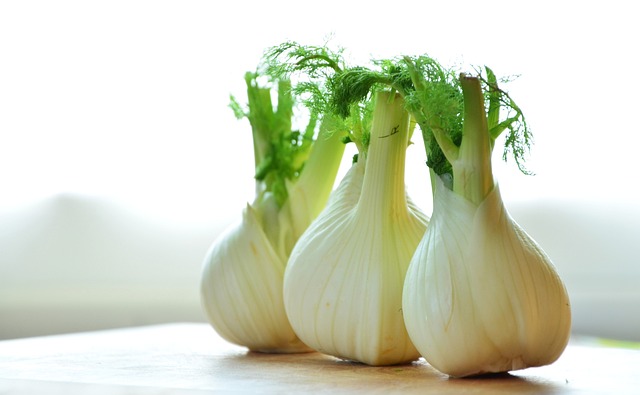
It can be pretty tricky to get hold of bulb fennel in supermarkets, so never throw away the root end. Just like celery, use the toothpick method to submerge the root end in a glass of water.
And as soon as new shoots sprout from the middle of the base, it’s time to replant it in a sunny spot to grow into a new fennel plant.
You can harvest fennel herb from the fronds at the top of the plant while the bulb swells to full size in the ground. Only take the tops, however, because removing too much greenery will negatively affect the bulb’s growth.
Regrow your cabbages
One of the easiest veg to regrow is the ordinary cabbage.
Simply cut off the root end, make a cross cut with a knife, and shallow-plant it in your garden soil. After a few months, you’ll see a second cabbage head appear!
Like magic!
Regrow your leafy herbs
You can regrow many leafy herbs, such as:
- Basil
- Coriander
- Rosemary
- Mint
All you need to do is place a single 10cm stem of your chosen herb into a glass filled with water. Ensure the leaves are exposed to the air rather than submerged. And leave the glass on a sunny windowsill for a couple of weeks.
Within a week or two, you’ll spot the first signs of roots. Wait until the roots look well-established, then replant the stem in the garden or pots for your windowsill.
Any questions?
I hope I’ve given you some good inspiration that could save some money on your shopping bill. For more gardening tips and tricks, check out our Help & Advice section.
Or send us an email – and we’ll get back to you promptly!
Happy growing!
Leave a comment
Your answer will be displayed on the site and the interested party will be notified by email.
Leave a comment
Have a question or want to share your experience? Leave us a comment.
Read more
The best tips and tricks for a lush green lawn
 4 MIN
03 Sep
Gardening in September — jobs to do
4 MIN
03 Sep
Gardening in September — jobs to do
 7 MIN
23 Aug
How to Encourage Bees in Your Garden
7 MIN
23 Aug
How to Encourage Bees in Your Garden
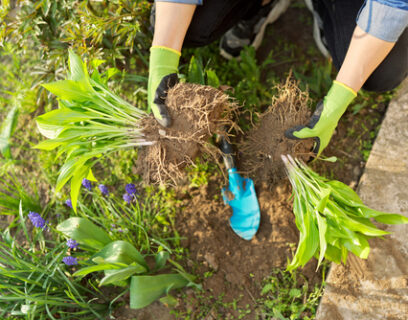 5 MIN
09 Aug
4 Tips for more Ergonomic Gardening!
5 MIN
09 Aug
4 Tips for more Ergonomic Gardening!
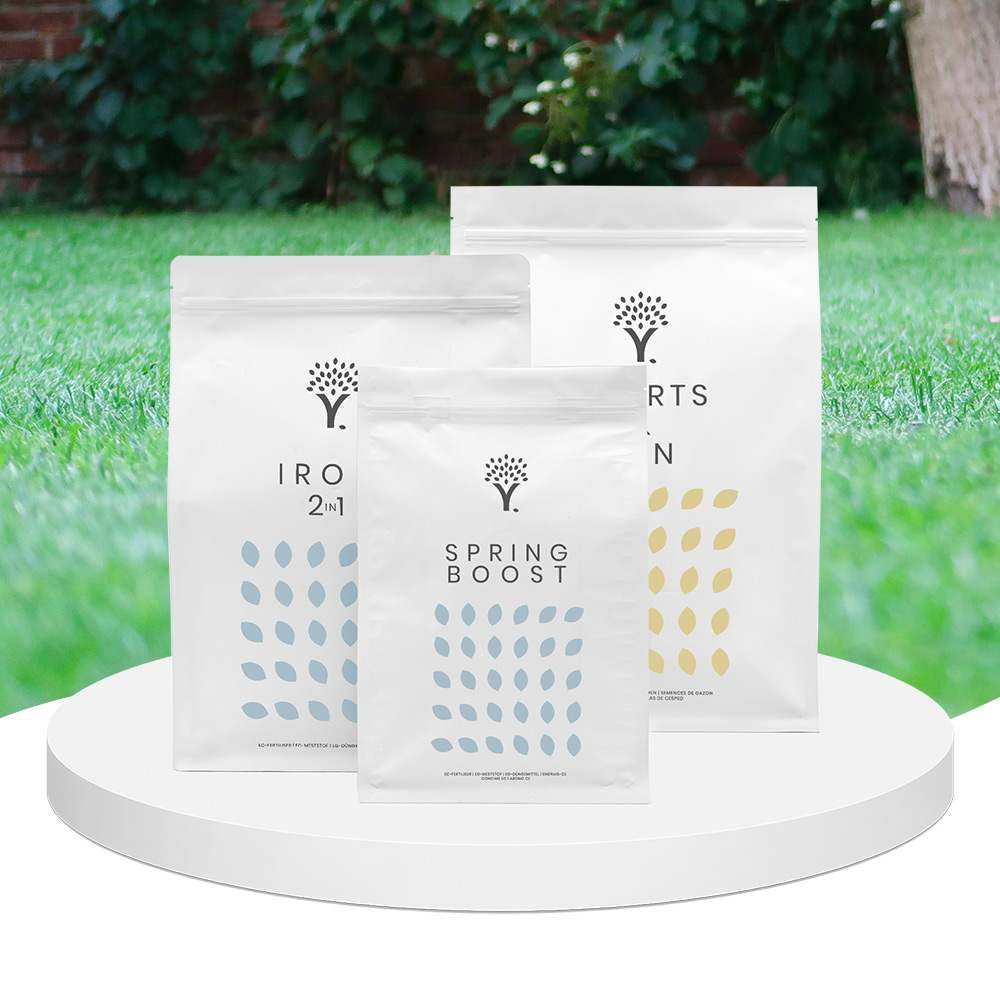 Scarifying Kit
All products after scarifying | Quickly restores the lawn after scarifying | Outsmart weeds quickly with the use of this kit
From: € 39.99
Scarifying Kit
All products after scarifying | Quickly restores the lawn after scarifying | Outsmart weeds quickly with the use of this kit
From: € 39.99
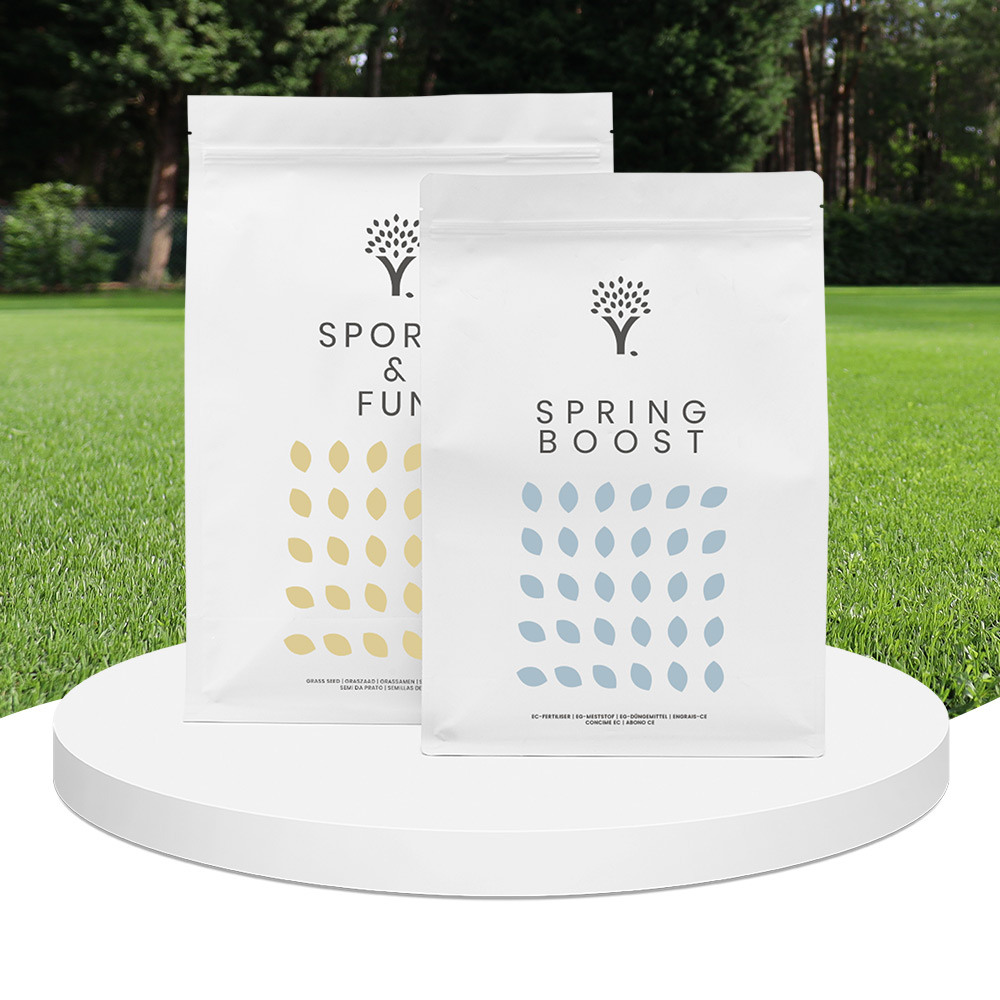 Spring Lawn Care Kit
MOOWY’s choice for the spring | Quick recovery of your lawn after winter | A strong lawn prevents weeds
From: € 25.99
Spring Lawn Care Kit
MOOWY’s choice for the spring | Quick recovery of your lawn after winter | A strong lawn prevents weeds
From: € 25.99
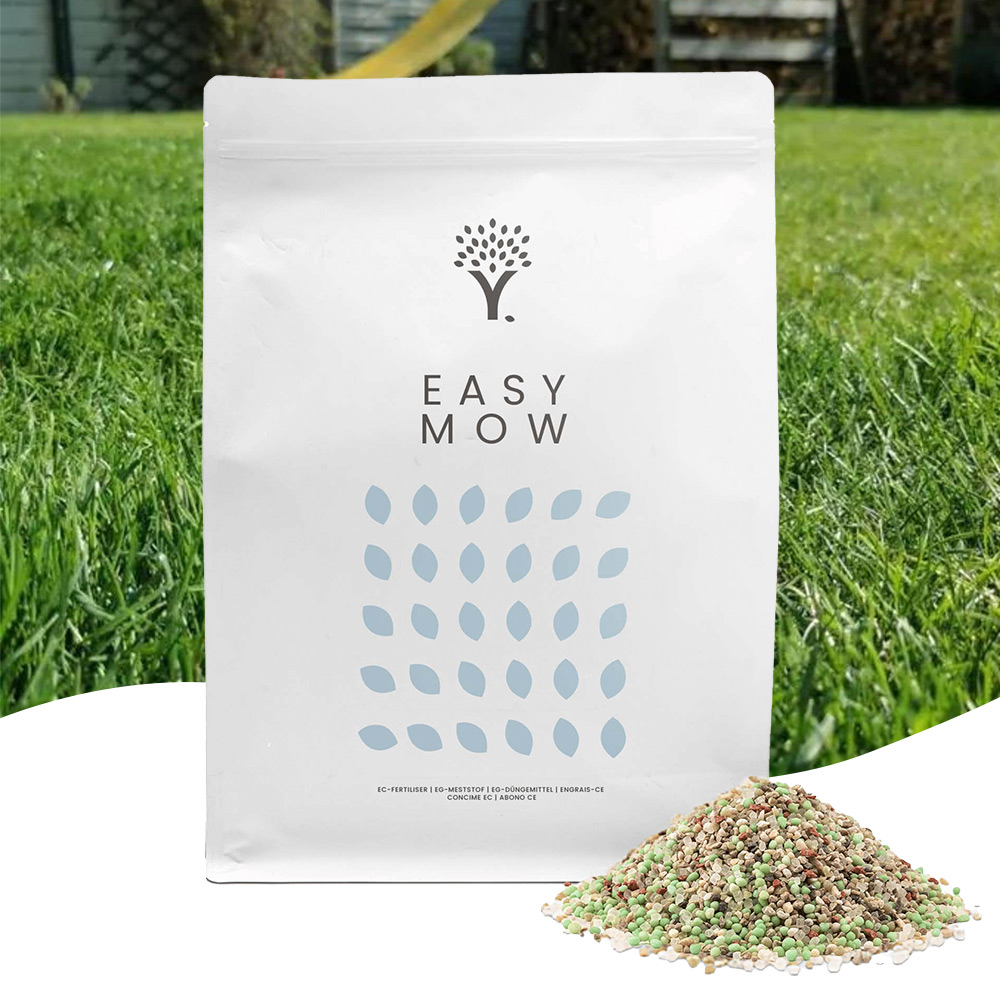 Long Lasting Lawn Fertiliser
Effective for 90 days | See results in 14 days! | Suitable for all types of grass and soil
From: € 13.99
Long Lasting Lawn Fertiliser
Effective for 90 days | See results in 14 days! | Suitable for all types of grass and soil
From: € 13.99
Do you want a lawn calendar?
🌱 All important maintenance moments for your lawn during the year. Leave your email and we will send you the lawn calendar for free.
Enter your email
Receive the lawn calendar in the mail
Enjoy a green lawn all year round!





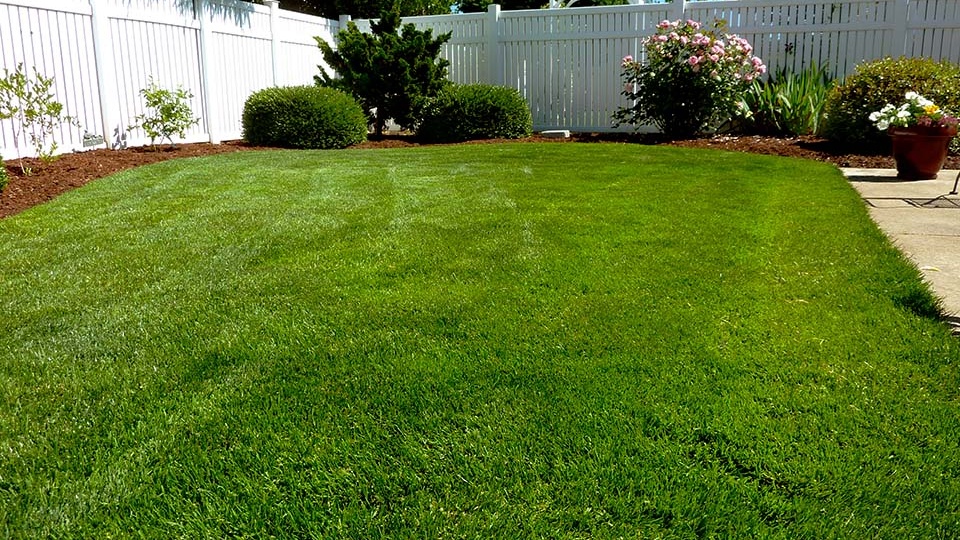

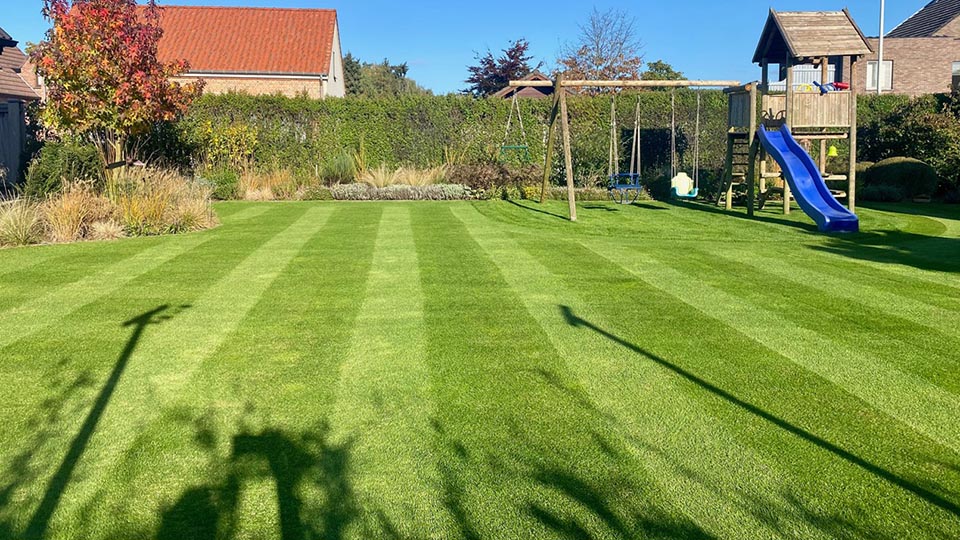

Comments (0)
There are no comments yet. Well then, what are you waiting for to
Be the first to write your comment!inaugurate this pretty page?
Do you have some comments?